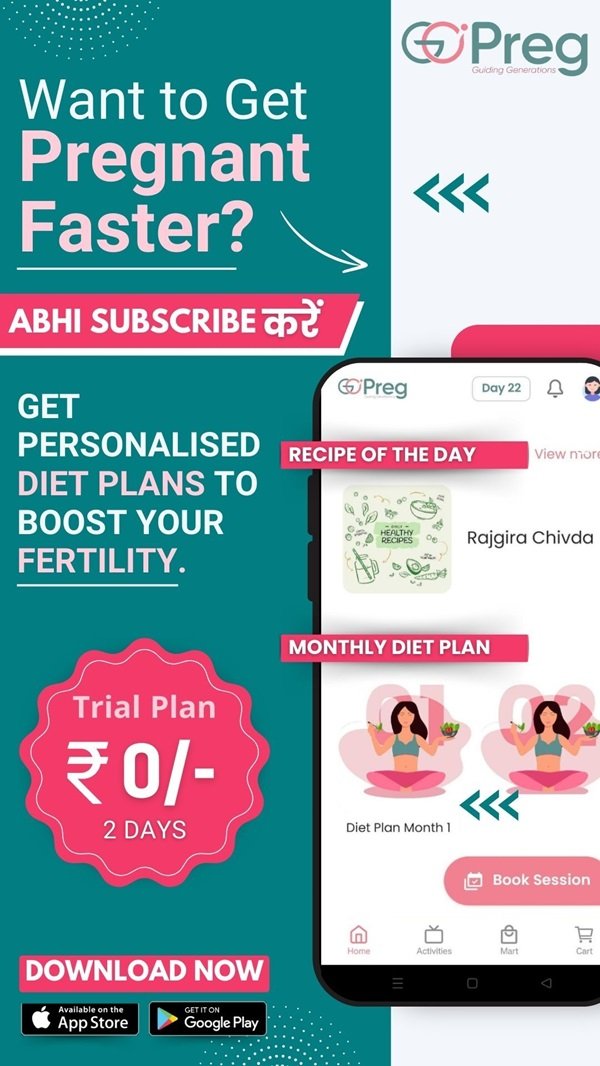Foods to Eat and Avoid During Pregnancy for a Healthy Baby

A well-balanced pregnancy diet plays a crucial role in ensuring a healthy pregnancy and the proper development of your baby. The food choices you make during pregnancy impact your baby’s growth, brain development, and overall well-being. Let’s explore the best food for pregnant women and the foods you should avoid.
Healthy Foods to Eat During Pregnancy
1. Leafy Greens & Vegetables
Vegetables like spinach, kale, broccoli, and carrots are packed with folic acid, iron, and fiber, essential for fetal brain development and preventing birth defects.
2. Dairy Products
Milk, yogurt, and cheese provide calcium, vitamin D, and protein, which are essential for your baby’s bone development. Opt for low-fat or full-fat dairy based on your dietary needs.
3. Protein-Rich Foods
Lean meats, eggs, lentils, and beans offer high-quality protein, which is crucial for fetal growth and muscle development. If you are vegetarian, consider plant-based protein like tofu and chickpeas.
4. Whole Grains
Brown rice, oats, and quinoa provide complex carbohydrates, fiber, and essential vitamins, ensuring sustained energy levels throughout pregnancy.
5. Nuts & Seeds
Almonds, walnuts, flaxseeds, and chia seeds are rich in omega-3 fatty acids, which support baby’s brain development. Eating a handful of nuts daily can be a great energy boost.
6. Fruits & Berries
Berries, oranges, bananas, and apples contain vitamins, antioxidants, and fiber, supporting digestion and boosting immunity. They also help prevent constipation, a common pregnancy issue.
7. Hydration is Key
Drink plenty of water, coconut water, and fresh fruit juices to stay hydrated and maintain amniotic fluid levels.
Foods to Avoid During Pregnancy
1. Raw or Undercooked Meat, Eggs & Seafood
These may contain harmful bacteria like Salmonella and Listeria, increasing the risk of infections that could harm your baby.
2. Processed & Junk Food
Highly processed foods, sodas, and sugary snacks contribute to excess weight gain, gestational diabetes, and poor nutrition. Opt for homemade, balanced meals instead.
3. Caffeine & Alcohol
Excessive caffeine (found in coffee, tea, and soft drinks) can interfere with fetal growth. Alcohol should be completely avoided as it can cause birth defects and developmental issues.
4. Unpasteurized Dairy & Soft Cheese
Avoid raw milk and unpasteurized cheese like feta, brie, and blue cheese, as they may carry harmful bacteria affecting your pregnancy.
5. High-Mercury Fish
Fish like shark, swordfish, and king mackerel contain high mercury levels, which can harm your baby’s nervous system. Choose safer options like salmon and sardines.
Creating a Balanced Diet Plan During Pregnancy
A well-planned diet plan during pregnancy should include a balance of proteins, carbohydrates, healthy fats, and vitamins. Consult your doctor or nutritionist for a personalized pregnancy diet that meets your specific needs.
Final Thoughts
Eating the right food during pregnancy ensures a healthy pregnancy and promotes your baby’s development. Focus on nutrient-dense foods and avoid anything that may pose risks.
For more expert tips on pregnancy and food, subscribe to our newsletter and download the Gopreg app for personalized guidance. Visit Gomart by Gopreg for the best pregnancy nutrition products!
Would you like more pregnancy-related insights? Subscribe to our YouTube channel for expert webinars, pregnancy tips, and the latest updates on prenatal care, garbh sanskar techniques, and more. Stay informed and make your pregnancy journey smoother with GoPreg!



